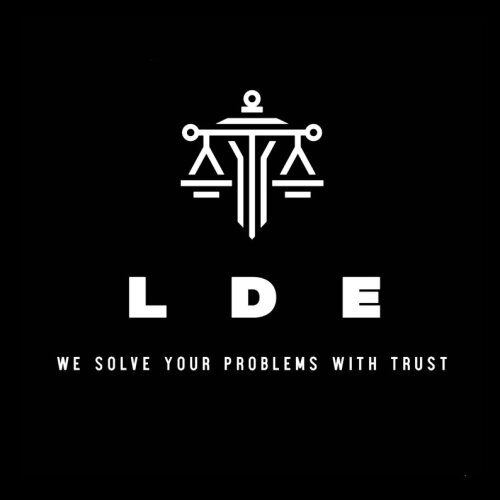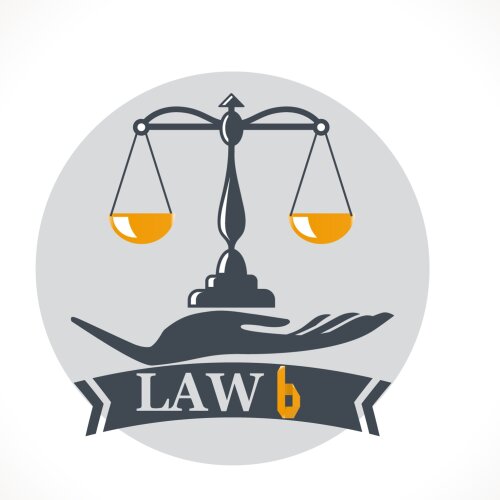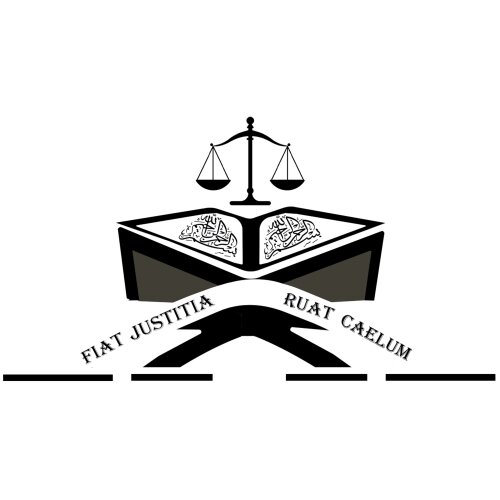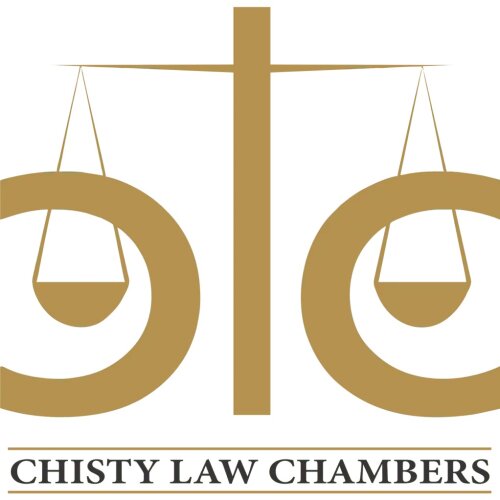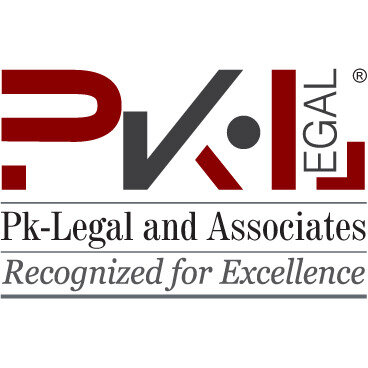Best Adoption Lawyers in Islamabad
Share your needs with us, get contacted by law firms.
Free. Takes 2 min.
Free Guide to Hiring a Family Lawyer
List of the best lawyers in Islamabad, Pakistan
Pakistan Adoption Legal Questions answered by Lawyers
Browse our 3 legal questions about Adoption in Pakistan and read the lawyer answers, or ask your own questions for free.
- Legally hw to adopt a child frm my sister cousin
- I'm living abroad, and I want to adopt a child from my sister's cousin. What will be the legal procedure? Would I be able to take a child with me legally? Will I get his or her visa by submitting what documents, and how much will it cost me? And... Read more →
-
Lawyer answer by Recososa Law Firm
Hello: We understand your concern about adopting your sister’s cousin’s child while you are living abroad. Allow me to provide you with a clear picture of the legal process presuming this is under Philippine jurisdiction. First, adoption in the Philippines...
Read full answer - Child adoptation
- I want to adopt a child from a poor family. But I am worried if they claim to get back their child in the future. What should I do?
-
Lawyer answer by Asma Lawyers In Pakistan
Please get statement of biological parents in court. We are also available to make arrangements. Best regards. Ms Asma Tanveer Randhawa Advocate
Read full answer - Child Adoption
- I was adopted Child from my sister on birthday now Mashallah adopted child's age is 14 years, now my sister wants to return his daughter, Child form in my name, and passport in my name she was travelling with me for umrah, what is the chance of custody if a... Read more →
-
Lawyer answer by Asma Lawyers In Pakistan
Dear Sir. Yes we are able to help by filing a suit against nadra. Please send us a direct messgae
Read full answer
About Adoption Law in Islamabad, Pakistan
Adoption in Islamabad, Pakistan, follows the general principles of Islamic law, which does not traditionally accept adoption as understood in the western context. Pakistan instead practices "Kafala" or guardianship. Contemporary laws align with this principle, making it essential for adoptive parents to understand the cultural and legal nuances involved. It's also crucial to understand that the adopted child may not inherit from the adoptive parents as per Islamic Sharia Law.
Why You May Need a Lawyer
Adoption or guardianship proceedings in Islamabad can be complex due to the strict accordance with Islamic principles. Legal procedures involve several steps, including paperwork, court processes, and dealing with various government departments. Missteps can cause unnecessary delays or complications. You may need a lawyer to help you navigate these complexities, ensure that all processes are appropriately followed, and safeguard the child’s rights and adoptive parents' interests.
Local Laws Overview
Pakistan functions under the Guardians and Wards Act of 1890 when dealing with child custody and guardianship matters, including adoption-related cases. According to the law, the welfare of the minor is the paramount consideration. The court also takes into account factors such as the age, sex, religion of the child, and the character and capacity of the proposed guardian. Guardianship does not change the child’s lineage. Adoption does not result in complete severance of the child’s ties with the birth family under Pakistani law.
Frequently Asked Questions
Can I legally adopt a child in Islamabad?
You can become a child's legal guardian in Islamabad under the Kafala system, though it is not considered adoption in the conventional sense.
Does the child inherit my property after my death?
No, under the Islamic Sharia Law that guides Pakistan's legal system, an adopted child does not automatically inherit from the adoptive parents.
What is the main law governing adoption processes in Islamabad?
The Guardians and Wards Act of 1890 is the primary body of law that governs the adoption processes in Islamabad.
Am I required to follow any specific procedures for adoption?
Yes, you must adhere to a legally specified course involving paperwork, court processes, and interactions with government bodies responsible for child welfare.
Can I adopt a child of different religion in Islamabad?
Though the court considers religion while determining a child's welfare, it's not an absolute barrier. It's much more complex, and legal advice should be sought in such cases.
Additional Resources
You may consult the Ministry of Law, Justice and Human Rights, and the National Commission for Child Welfare and Development (NCCWD) in Pakistan. They provide guidelines, counselling, and support for individuals seeking legal guardianship of a child.
Next Steps
If you're planning to adopt a child in Islamabad, contact a legal professional experienced in family law. They'll guide you on eligibility and lead you safely through the legal framework. Ensure to prepare all necessary documents and be ready to cooperate with the relevant authorities during the process.
Lawzana helps you find the best lawyers and law firms in Islamabad through a curated and pre-screened list of qualified legal professionals. Our platform offers rankings and detailed profiles of attorneys and law firms, allowing you to compare based on practice areas, including Adoption, experience, and client feedback.
Each profile includes a description of the firm's areas of practice, client reviews, team members and partners, year of establishment, spoken languages, office locations, contact information, social media presence, and any published articles or resources. Most firms on our platform speak English and are experienced in both local and international legal matters.
Get a quote from top-rated law firms in Islamabad, Pakistan — quickly, securely, and without unnecessary hassle.
Disclaimer:
The information provided on this page is for general informational purposes only and does not constitute legal advice. While we strive to ensure the accuracy and relevance of the content, legal information may change over time, and interpretations of the law can vary. You should always consult with a qualified legal professional for advice specific to your situation.
We disclaim all liability for actions taken or not taken based on the content of this page. If you believe any information is incorrect or outdated, please contact us, and we will review and update it where appropriate.





